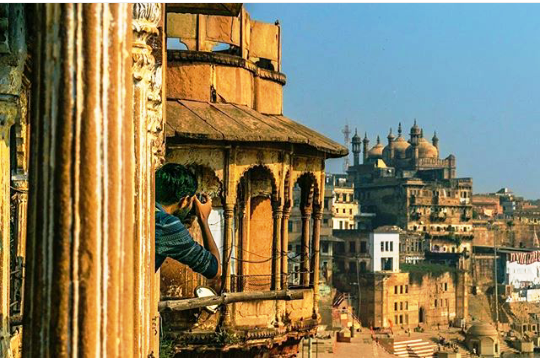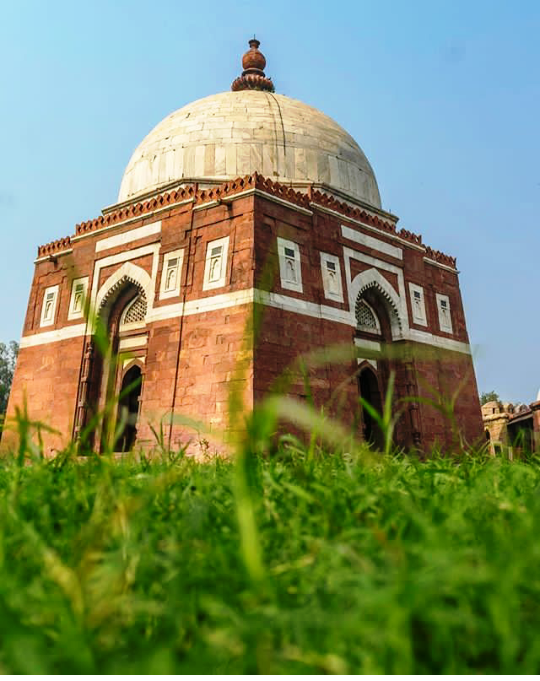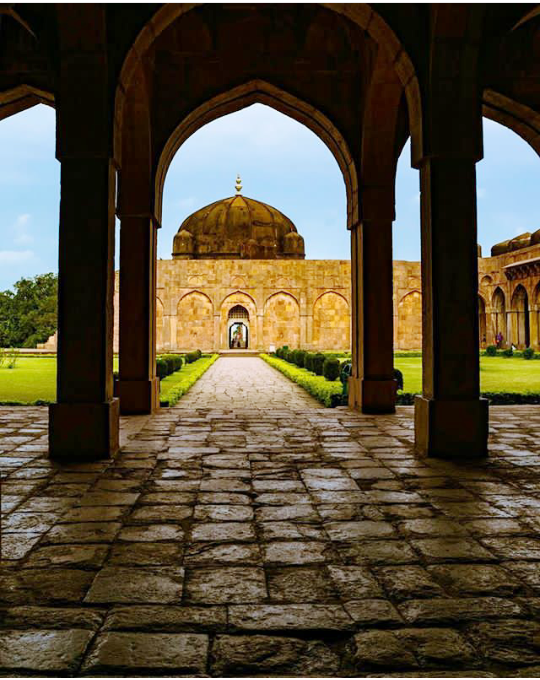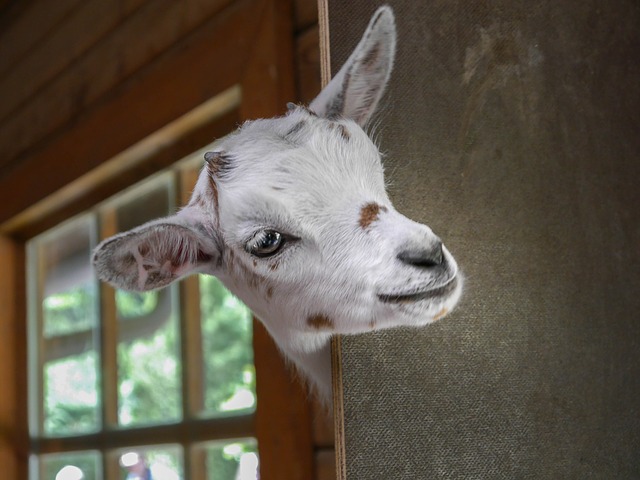traveling time : ancient India

HELLO DEAR STEEMIT FRIENDS,
Varanasi is the famous city of India's state of Uttar Pradesh. It is also called 'Banaras' and 'Kashi'. It is considered one of the most holy cities in Hindu religion and it is called an uncharted area. In addition to this, it is also considered sacred in Buddhism and Jainism. It is one of the oldest inhabited cities of the world and the oldest city in India
Kashi Naresh (Maharaja of Kashi) is an integral part of Varanasi city's main cultural patron and all religious activities. Varanasi culture has an unbreakable relationship with the Ganges river and its religious significance. This city has been a cultural and religious center of India, especially North India for thousands of years. The Benaras family of Hindustani classical music was born and developed only in Varanasi. Many of India's philosophers, poets, writers, musicians have lived in Varanasi, including Kabir, Vallabhacharya, Ravidas, Swami Ramanand, Trollang Swamy, Shivanand Goswami, Munshi Premchand, Jaishankar Prasad, Acharya Ramchandra Shukla, Pandit Ravi Shankar, Girija Devi, Pandit Hari Prasad Chaurasia and Ustad Bismillah Khan etc. are some. Goswami Tulsidas had written Ramchrishtanmans, the supreme-worshiped book of Hindu religion, and Gautam Buddha gave his first discourse here in Sarnath near here.
Four major universities are located in Varanasi: Banaras Hindu University, Mahatma Gandhi Kashi Vidyapeeth, Central Institute of Higher Tibetan Studies and Akhampurna Sanskrit University. The residents here mainly speak Kashika Bhojpuri, which is a dialect of Hindi. Varanasi is often referred to as' City of Temples', 'Religious Capital of India', 'City of Lord Shiva', 'City of Deep' ',' Knowledge Nagari 'etc.
Famous American writer Mark Twain writes: "Banaras is also ancient from history, is outdated with traditions, is also ancient to legends and when it is collected, then the collection is twice as old." .

Mausoleum of Ghiyas ud-Din Tughluq
The 'Mausoleum of Ghiyath al-Din Tughluq' is connected by a causeway to the southern outpost of the fortification. This elevated causeway 600 ft in length, supported by 27 arches, leads across a former artificial lake, however sometime in 20th century portion of causeway was pierced by the Mehrauli-Badarpur road. After passing a old Pipal tree, the complex of Ghiyath al-Din Tughluq's tomb has entered into a high gateway made of red sandstone with a flight of steps.
The actual mausoleum is made of a single-domed square tomb (about 8 m x8 m) with sloping walls crowned by parapets. In contrast to the walls of the fortification made of granite, the sides of the mausoleum are faced by smooth red sandstone and inlaid with inscribed panels and arch borders from marble. The edifice is topped by an elegant dome resting on an octagonal drum that is covered with white slabs of marble and slate.
Graves inside the mausoleum
Inside the mausoleum are three graves: The central one belongs to Ghiyath al-Din Tughluq and the other two are believed to be his wife and successor Muhammad bin Tughluq. In the north-western bastion of the enclosure wall with its pillared corridors is another octagonal cobbled in the same style with a small marble dome and inscribed marble and sandstone slabs over its arched doors. According to an inscription over its southern entrance this tomb houses the remains of Zafar Khan. His grave has been the site before the construction of the outpost andwas consciously integrated in the design of the mausoleum by Ghiyath al-Din himself.

Manadu
Mandu or Mandavgarh is an ancient city located in the Mandav region of Dhar district. It is located in the Malwa region of western India, Madhya Pradesh. This torrent is located 35 km from the city. In the 11th century, the mandamu Tarangaanga or Tarangaanga was the subdivision of the state. Here, it was popularized during the period of Parmaras and then in the 13th century, this area came under Muslim rulers, from which it started its golden age. Due to its location in the Vindhyachal mountain range, its security was of great importance.
Today it is a tourist destination. Where thousands of such tourists visit the scenic landmarks like Ship Mahal, Hindola Mahal, Shahi Hammam and the finest examples of architecture to see the fascinating carved dome. It is 100 km away from Indore city.
History
According to an inscription from the state of Purv Talakpur (only in Dhar district), Chandrasinh established a statue in Parsvnath temple located in "Mandapa Durga". The word "Mandu" is the name changed with the time of Mandapa Durga. An inscription of 612 Vikram Samvat indicates that Mandu used to be a prosperous city in the 6th century.
In the 10th and 11th centuries, Manju gained fame in the reign of Parmar. Located at an altitude of 633 meters (2079 feet), Mandu city is spread over 13 km (8.1 miles) in the Vindhya Mountains. The plateau of Malwa and the Narmada river valley in the south provided natural protection to this fort, the capital of Parmaras. In the inscriptions of Parmar kings starting with Jaiverman II, Mandu (as "Mandapa-Durga") has been mentioned as the royal residence. It is possible that Jawwarman or his ancestor Jaitogi would have shifted from traditional Paharan capital Dhar to Manmadu due to constant attacks of neighboring states. The general of Balban, Sultan of Delhi, Nasser-ud-Din, had reached the northern boundary of Parmar region at this time. At the same time, the Parmars faced the attacks of King Krishna of Devgiri and Vaghela king of Gujarat, Lord Vishnu. In the mountainous region of Mandvi, the situation will provide a better defensive position compared to the Dhar, which is located in the plains.
It is about 9 00 km from Indore. Mandu is located at a height of 2000 feet in the hills of Vindhya. It was originally the capital of the Parmar kings of Malwa. In the thirteenth century, the Sultans of Malwa named it Shadiyabad, meaning "City of happiness". Actually this name makes sense to this place. The scenic spots in this place are the best form of the ship mansion, the Hindola palace, the royal hammam and the fascinating carved dome architecture. Ship and carousel castle are special in this town made by Parmar rulers. The architecture of the palaces is worth seeing here. Mandu is located at a distance of 100 km from Indore. It is also connected by road to the road.
Attraction
The doors
Mandu has 12 doors to enter. The main road is called the Delhi door. The other doors are called Ramgopal Darwaja, Jahangir Darwaza and Tarapur Darwaza.
Ship mansion
This palace was built between two man-made ponds in the shape of the sea.
Hindola castle
This palace is called the Mandola Palace due to the Tedic Walls.
Mosque of Hoshang Shah, Jami Masjid, Canal Jharkha, Baj Bahadur Mahal, Rani Rupatti Mahal and Nilkanth Mahal also attract tourists.
Malwa festival is celebrated every year by the Government in Mandu.
......................................................................................................................... if you like my work follow and upvote me.
@lalitswami

Excellent post, you got a full 100% of my vote for this excellent piece of work. Benares is one of those cities I would love to go spend time in, though I can't stand being in cities.
Thank you for sharing, namaste :)
Thanks for dear you notice me and upvote me .
I hope when you come in India we meet .
Again thanks for support me.
Namaste
Thank yourself for allow yourself to discover Steemit, blessed the Great Spirit of consciousness for allowing for this synchronicity to form and put each other on each others' path and, for the little I was involved into this, I am very glad I did as I followed the guidance into this beautiful article of yours. It has been my pleasure!
Namaste :)
Nice photo
@lalitswami payed 1.0 SBD to @minnowbooster to buy a stealth upvote.

transaction-id 04b80bb7bc998a124f4eb58401ee82e9c8e4bfae
@stealthgoat